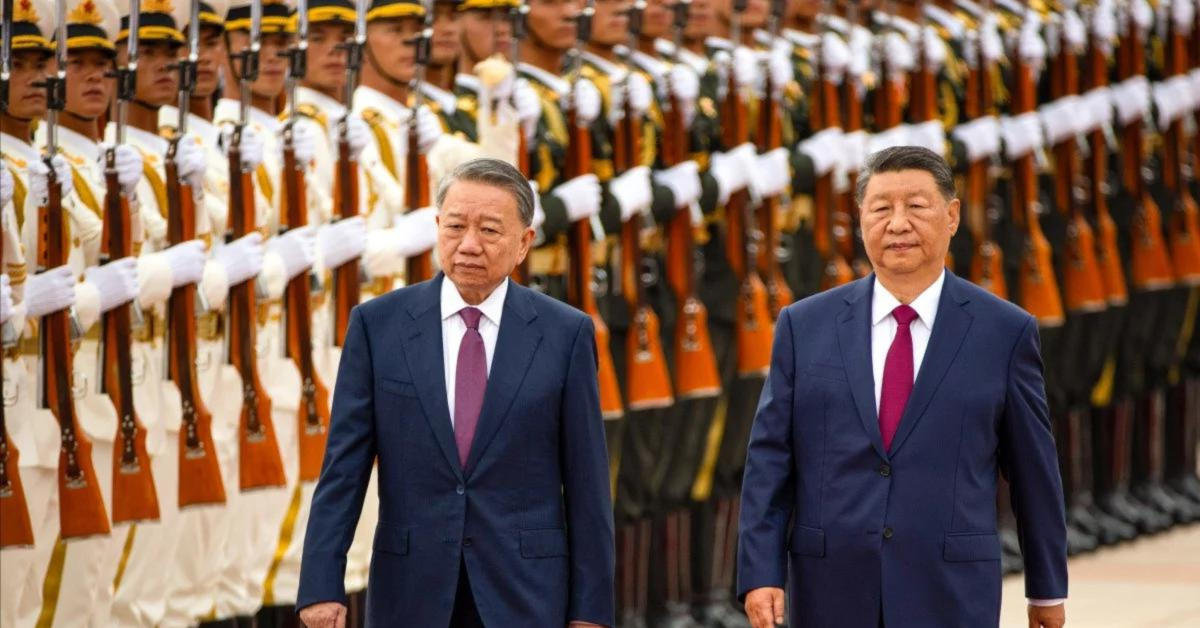Bangladesh Prime Minister Sheikh Hasina resigns in face of protests
At a Glance
- Unrest in Bangladesh has been building for the last couple of months over a proposed job quota system, and has now escalated into violent anti-government agitations.
- With a severe uptick in protests, Bangladesh’s Prime Minister Sheikh Hasina reportedly resigned and left the country for India on the evening of August 5.
- The Bangladesh Army announced Ms. Hasina’s resignation in a televised address and will form an interim government pending a general election.
- Bangladesh authorities have declared a three-day general holiday until August 7 with possible extensions if unrest persists.
- The security situation in Bangladesh is likely to remain precarious for a few weeks while normalcy is restored. Businesses are likely to face operational delays.
Background
Activists and students seeking merit-based job reservation reforms have held marches, sit-in protests, general strikes, and road and rail blockades in parts of Bangladesh, including Dhaka, since early July 2024. Related demonstrations have resulted in 300 fatalities and even more injuries, including to security personnel. The law-and-order situation, which has grown increasingly severe over the last few days, escalated on August 5, resulting in the Prime Minister reportedly resigning her position and leaving the country.
With the collapse of Ms. Hasina’s government, the Chief of Staff of the Bangladesh Army, General Waker-Uz-Zaman, announced her resignation in a televised address, calling for peace, and said that an interim government would be formed pending an election.
Next steps
Ahead of General Waker-Uz-Zaman holding talks with representatives of major political parties in Bangladesh (excluding Ms. Hasina’s Awami League), he will be meeting President Mohammed Shahabuddin to discuss the way forward.
Near-term developments over the next few days are expected to include the following:
- An invitation by the Army Chief to other political parties to form an interim/caretaker government.
- A caretaker government will most likely be headed by a retired Chief Justice as a Chief Advisor along with a group of ten advisors, usually non-partisan, selected to oversee various ministries (as has been seen in previous caretaker governments).
- The advisors would include retired judges, bureaucrats, and academics, ensuring the neutrality and smooth functioning of the government.
- This will be followed up by re-elections in the country administered by the Army Chief and the interim government.
Implications on businesses and logistics
- There will be interruptions to communications services and to transport in Bangladesh.
- Authorities will likely maintain heightened security measures around the India-Bangladesh border, including setting up roadblocks and stationing additional personnel.
- Supply chain disruptions will further reduce the availability of goods, leading to price hikes and increased inflationary pressures.
- The readymade garment sector, which accounts for more than 80% of Bangladesh’s USD 50 billion in export earnings, has been hit hard, and factories have remained closed since July 20, resulting in daily losses of nearly USD 150 million.
- The internet blackout also severely impacted e-commerce and other digital businesses, with daily revenue losses estimated at USD 5 million.
- Due to the ongoing protests, global financial analysts recently downgraded Bangladesh’s long-term sovereign rating from BB- to B+, indicating a high credit risk.
- On July 31, the EU—Bangladesh’s main trading partner—announced that it was delaying negotiations with Dhaka on a new economic pact that would have enhanced trade and other economic relations.
For additional information, reach out to Vasudevan.Rangarajan@edelmanega.com



